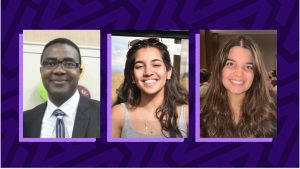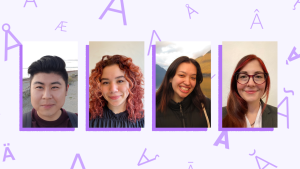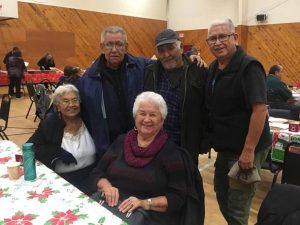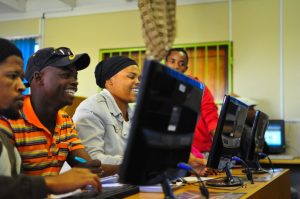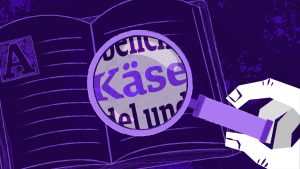Beyond words: Learning Swahili as a path to global understanding
This Spring, Arts Multilingual Week returns to celebrate multilingualism through a series of events, performances, and showcases featuring students, scholars, and community members. Following its successful run of events in October 2022, Arts Multilingual Week makes a comeback with its most anticipated events and more!
Let’s talk about Multilingual Week 2024
This Spring, Arts Multilingual Week returns to celebrate multilingualism through a series of events, performances, and showcases featuring students, scholars, and community members. Following its successful run of events in October 2022, Arts Multilingual Week makes a comeback with its most anticipated events and more!
The Impact of Arts Multilingual Week 2022 on Language Learning
Arts Multilingual Week has left a lasting impact on participating students and instructors alike. Dr. Biz Nijdam shares insight on the results of Multilingual Week.
Connecting language and land: How the ʔayʔaǰuθəm e-dictionary is for community and the next generation
Homalco, Klahoose, Comox, and Tla’amin Nations have been working on revitalizing their language, ʔayʔaǰuθəm, for over two decades. In the last seven years, an e-dictionary of First Peoples’ sounds and stories was brought to life through the efforts of community members, jehjeh Media, and UBC Linguistics alum Dr. Marianne Huijsmans.
Signs of the times: A conversation with Nigel Howard on Deaf culture and visual accessibility
We spoke with Nigel Howard from the Department of Linguistics to learn more about the Deaf culture, sign language, and the importance of visual accessibility. In this Q&A, he shares his perspective on what it means to be truly inclusive in higher education.
Arts Perspectives on AI: Fearing (your own) language in the age of artificial intelligence
Dr. David Gramling and Arts student Matthew Chan conducted an experiment when Chan’s work was flagged as evidencing AI-generated features. Read key learnings about the relationship between artificial intelligence and linguaphobia.
UBC scholar helping AI overcome its language barrier
UBC Linguistics scholar, Ife Adebara, discusses her research on natural language processing, and AfroLID— a publicly available language identification system that she built which works for 517 African languages.
Understanding translanguaging and how it contributes to decolonization
What is “translanguaging” and what does it mean? Dr. Ayaka Yoshimizu discusses the meaning of translanguaging, how it can revitalize the history and practices of multiple languages, and why it can add value to language learning and teaching.
What is linguistic insecurity and why we should dismantle it
Have you ever felt nervous about speaking to someone or out loud in a classroom because of your accent? Dr. Marie-eve Bouchard explains what linguistic insecurity is and shares tips on how to overcome them.
Looking for a faster way to learn a language? Try historical linguistics
A new study conducted by UBC English professor James Stratton finds that one of the best ways of fast-tracking your language acquisition may be to learn a bit of language history.
